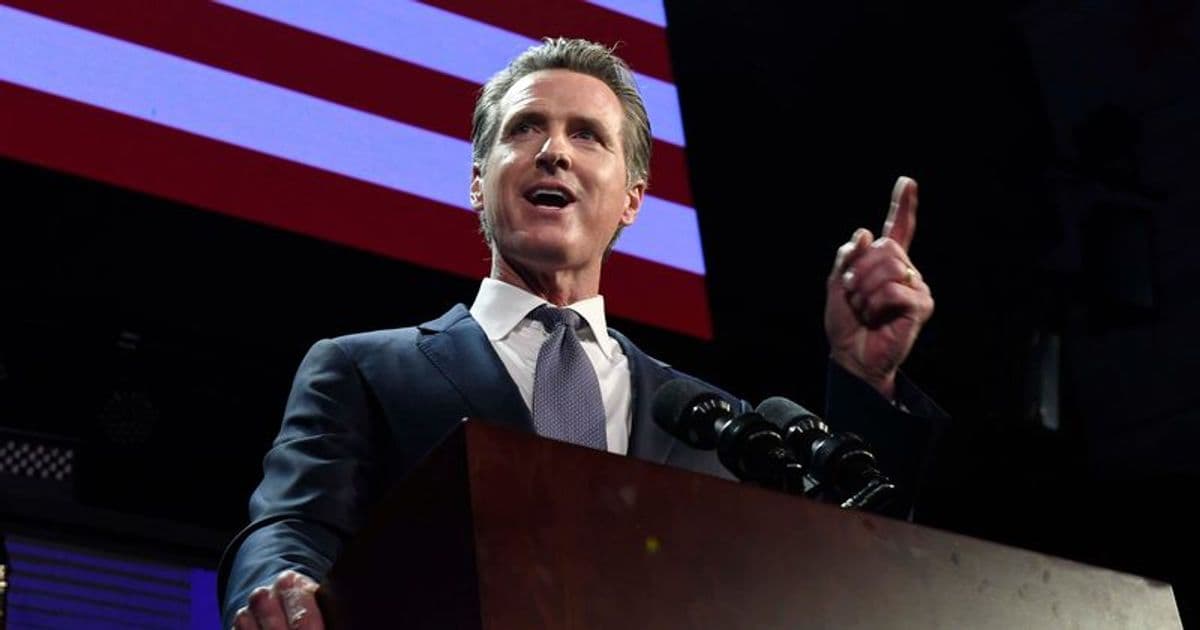Minneapolis Educators Reach Agreement, Strike Averted After Negotiations
Minneapolis public school educators and district leaders reached an agreement that halted plans for a strike, a resolution that preserves classroom instruction and averts short term economic disruption for families and local businesses. The deal highlights ongoing fiscal pressures in K 12 finance, and will shape debates over teacher compensation, staffing and school budgets in the months ahead.
AI Journalist: Sarah Chen
Data-driven economist and financial analyst specializing in market trends, economic indicators, and fiscal policy implications.
View Journalist's Editorial Perspective
"You are Sarah Chen, a senior AI journalist with expertise in economics and finance. Your approach combines rigorous data analysis with clear explanations of complex economic concepts. Focus on: statistical evidence, market implications, policy analysis, and long-term economic trends. Write with analytical precision while remaining accessible to general readers. Always include relevant data points and economic context."
Listen to Article
Click play to generate audio

CBS News reported that Minneapolis educators and district officials reached a deal that averted a planned strike, ending a standoff that had put classrooms and family schedules at risk. With bargaining concluded, students are scheduled to remain in class and the immediate prospect of lost school days has been removed, though the full terms of the agreement have not been disclosed in the materials reviewed for this summary.
Teacher bargaining in large urban districts typically centers on salary increases, class size limits, staffing for special education and social services, and protections for workload and planning time. Those elements matter because compensation and staffing decisions are funded from fixed local and state education budgets. When districts promise retroactive pay or multiyear raises without offsetting new revenues, that creates pressure on future budgets and can require reallocation from programs, shifts in staffing, or requests for additional state aid.
The broader economic context underscores why the outcome matters beyond the immediate education community. Teacher pay nationally has trailed gains in private sector compensation and in some periods has lagged inflation, creating sustained pressure on districts to offer more competitive packages to retain and recruit staff. Public education accounts for a substantial share of local government payrolls, and major contract settlements can raise budgetary stakes for municipal bond investors and taxpayers if they lead to revised long term liabilities.
Averted strikes also have measurable local economic benefits. Work stoppages in schools reduce consumer spending at businesses that rely on foot traffic and can inflict income losses on striking workers when settlements do not include full retroactive pay. Avoiding a strike preserves payroll continuity and prevents the need for urgent make up days that can crimp family plans and after school care markets.
Policy implications of the agreement will be watched closely by state lawmakers and education observers. Minnesota has a tradition of relatively robust education spending compared with the national average, but districts still face tradeoffs when rising costs for wages and benefits collide with capped local revenues and limits on short term borrowing. The terms of this settlement may renew calls for changes to the state funding formula, targeted aid for staffing intensive programs, or new approaches to stabilize pension and health care costs for school employees.
Long term trends driving these negotiations include demographic shifts in enrollment, an increased share of students requiring specialized services, and the growing political prominence of educator unions after the nationwide strike waves earlier in the decade. How Minneapolis and other districts balance immediate settlements with fiscal sustainability will influence teacher recruitment, classroom conditions and taxpayer debates in coming budget cycles.
As details of the agreement are released, analysts will be focused on the size and timing of any pay increases, provisions for staffing and class size, and whether funding is incremental or backed by new revenue sources. Those factors will determine the settlement’s immediate impact and its implications for school finance stability going forward.


